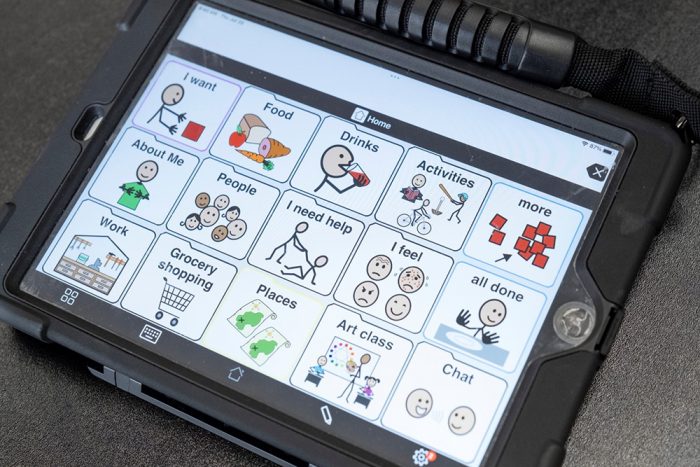The Office of Mental Health and Substance Abuse Services (OMHSAS) has announced that Psychiatric Rehabilitation Services (PRS) has been added to the Medical Assistance Program Fee Schedule, effective January 1, 2026.
On January 30, 2026, the Centers for Medicare & Medicaid Services approved the addition of PRS as a rehabilitative service to the Medicaid State Plan, leading to the issuance of OMHSAS-26-01, “Payment for Psychiatric Rehabilitation Services.” Prior to the inclusion in the Medicaid State Plan, PRS was available only to MA beneficiaries enrolled in Behavioral Health HealthChoices as an in lieu of service. PRS is now available as a state plan service to MA beneficiaries in the Fee-for-Service and Behavioral Health HealthChoices delivery systems.
The published bulletin OMHSAS-26-01 can be found here. Please contact RCPA COO and Mental Health Director Jim Sharp with any questions.















